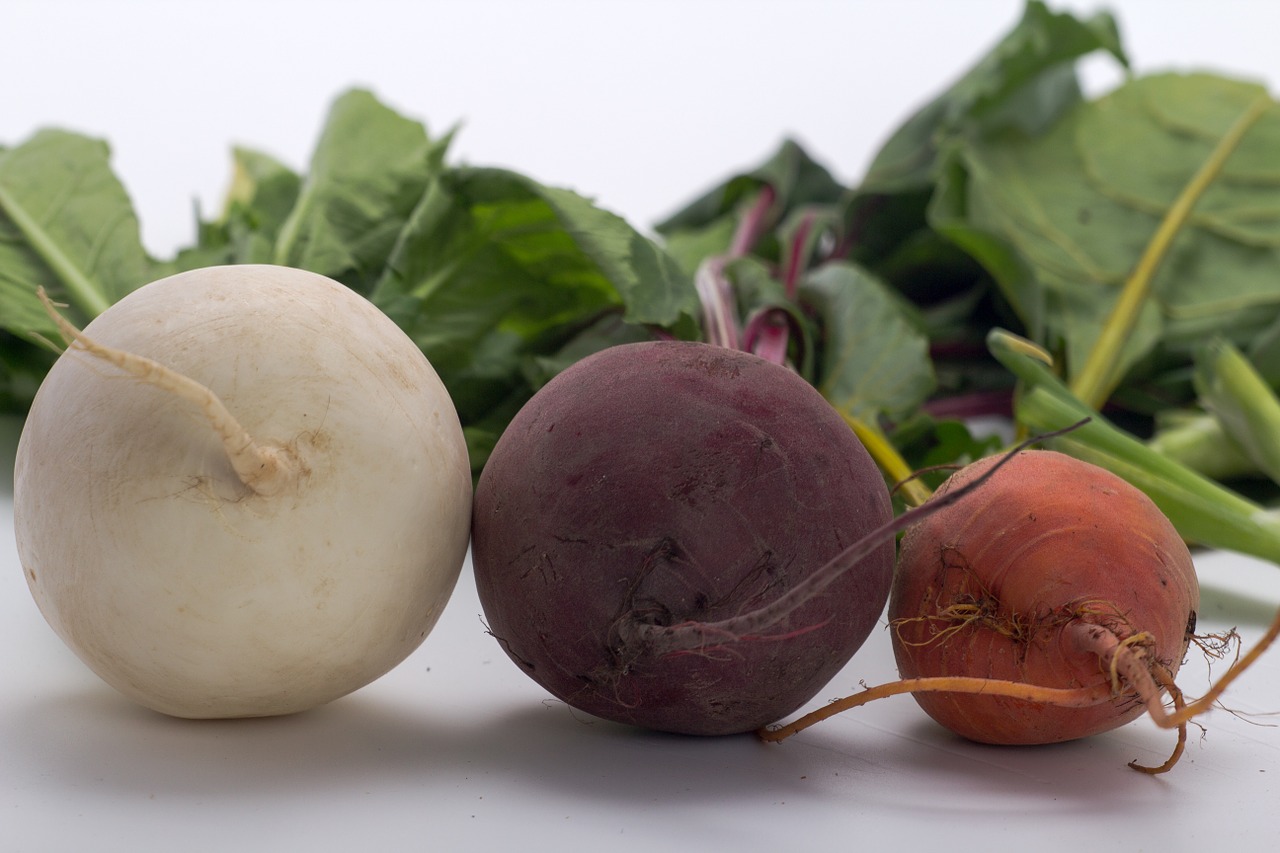
September 24, 2015, by Richard Hyde
Governing ‘Superfoods’ Claims
There has been a significant proliferation of ‘superfoods’ in recent years. You can find superfood smoothies, superfood salad and superfood cereal on the shelfs of the supermarket. From blueberries and beetroot, to quinoa and salmon, a wide variety of foods are marketed as superfoods. Marketing is of course the key. There is no widely accepted definition of superfood, and indeed one nutritionist has stated that “The term “superfoods” is at best meaningless and at worst harmful.” Consumers may be confused by products labelled superfood, and are likely to pay more than they otherwise would because of the supposed health benefits of these foods. Therefore, in order that consumer are not misled, such claims are subject to regulation.
Superfood as a health claim
The regulations which apply are those which govern nutrition and health claims made on foods. If you want to make a specific health claim (such as “prevents heart disease” or “cures ingrowing toenail) this must be scientificially tested and approved by the European Food Safety Authority. It is unlikely that calling a product “superfood” is making such a claim. The health benefits are not defined in a specific enough manner. However, as well as specific claims, the regulations provide that “reference to general, non-specific benefits of the… food for overall good health or health-related well-being may only be made if accompanied by a health claim.” It is likely that the reasonable consumer would see a food calling itself a “superfood” to be making such a claim about general non-specific benefits to health. For example, the Oxford English Dictionary definition of a superfood states that it is “a nutrient-rich food considered to be especially beneficial for health and well-being”. Guidance from the Department of Health suggests that the term “superfood” is such a claim. Therefore, it is necessary to accompany the superfood claim with a claim about the specific health benefits, which must appear on the approved list of health claims held by the EU, in order that consumers are clear why the product is beneficial to health and what makes the food a “superfood.”
Applying the regulations
If you want to make a claim that prunes are a ‘superfood’ (or, for that matter are ‘healthy’ or ‘good for you’), you need to set out an approved claim on the packaging. For prunes, one of the approved claims is “prunes contribute to normal bowel function.” When making this claim you have to make clear, amongst other things, the quantity of the food and the pattern of consumption necessary to obtain the claimed beneficial effect. This is listed on the register of claims. For prunes “the beneficial effect is obtained with a daily intake of 100 g of prunes.” Normally, when you’re making the claim you are looking at the nutrients within the food and looking whether claims in relation to these are approved, and then you should list this alongside the superfood claim. A food business must also make clear that the benefits will only accrue if the food is consumed as part of a varied and balanced diet and a healthy lifestyle.
A failure to comply with these requirement amounts to a criminal offence. So next time you are consuming a superfood, look out for the approved health claim that is using to back up its bold superfood statement. If you can’t find it on the pack, the business might be in trouble.
No comments yet, fill out a comment to be the first

Leave a Reply